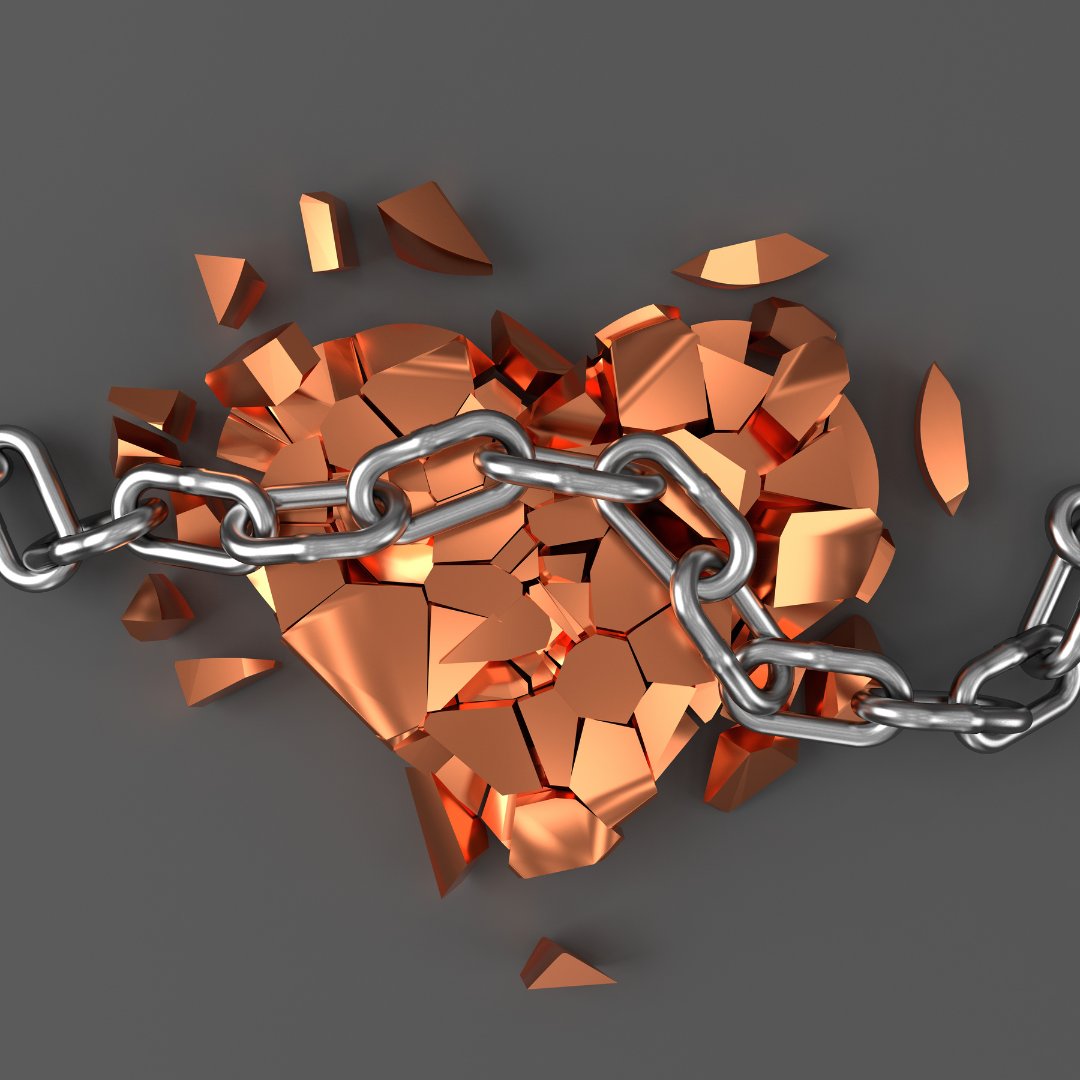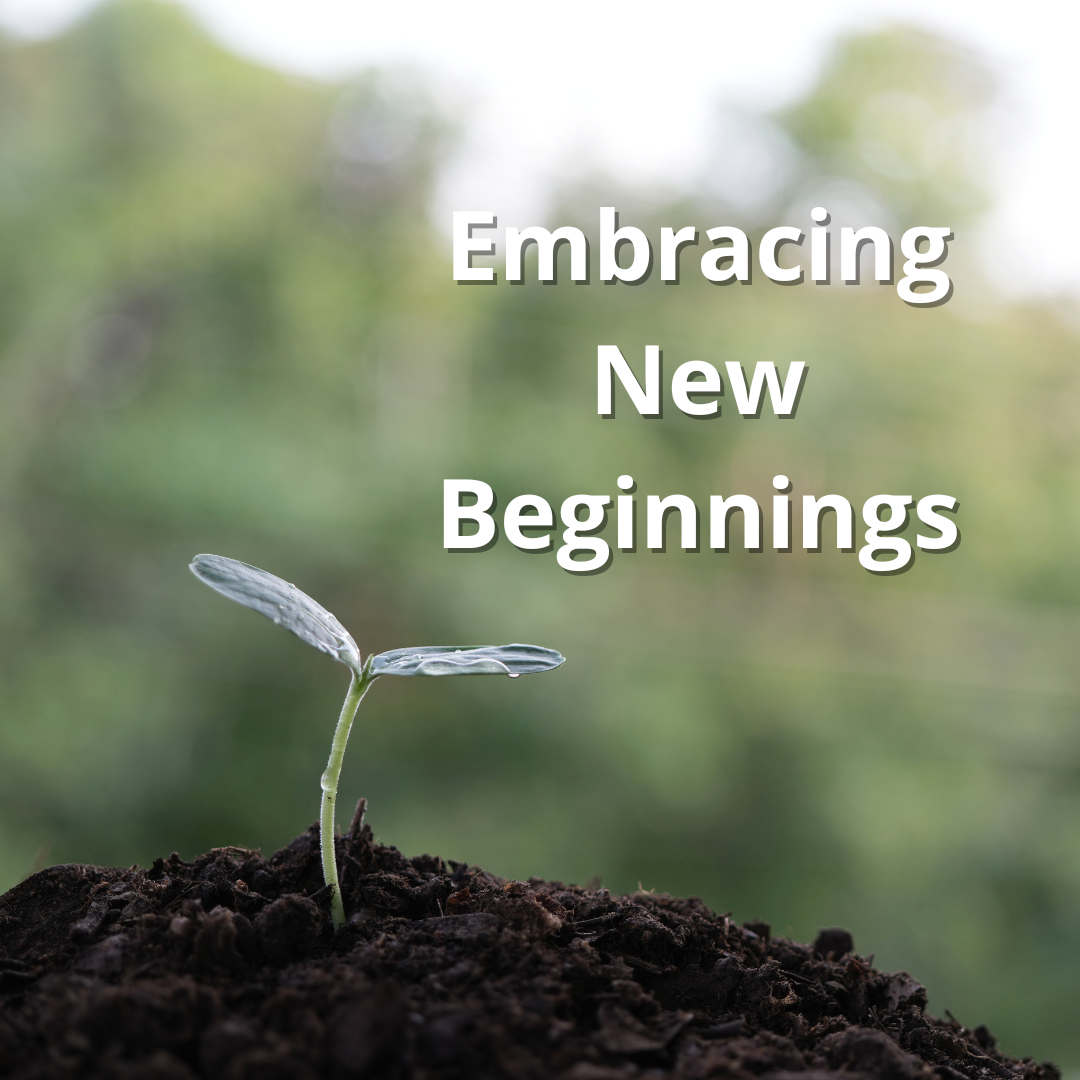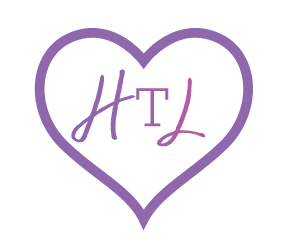Divorce is one of the most challenging experiences a person can endure. The end of a marriage signifies not just the dissolution of a partnership but also the end of shared dreams, plans, and a significant chapter in one’s life. While the journey of healing after divorce is deeply personal and unique to each individual, understanding the stages of healing and the tools available can pave the way for a more positive and empowered recovery.
Understanding the Emotional Turmoil
Divorce brings a whirlwind of emotions: grief, anger, confusion, and fear are just a few. It’s crucial to acknowledge these feelings rather than suppress them. Grieving the loss of the relationship is a vital first step in the healing process. Allow yourself to mourn what was and understand that it’s natural to feel a sense of loss.
The Stages of Grief
- Denial: Initially, you might find it hard to believe that your marriage is over. Denial can serve as a temporary defence mechanism to numb the shock.
- Anger: As the reality sets in, anger may surface. This anger could be directed at your ex-partner, yourself, or the situation.
- Bargaining: You might find yourself dwelling on “what if” and “if only” scenarios, hoping to reverse the situation.
- Depression: The weight of the loss can lead to profound sadness. This stage might involve a period of withdrawal and reflection.
- Acceptance: Finally, acceptance involves coming to terms with the end of the marriage. It doesn’t mean you’re over it but that you’re ready to move forward.

Finding Support Systems
Healing after divorce is not a journey you have to undertake alone. Surrounding yourself with a supportive network of friends, family, and professionals can make a significant difference.
Friends and Family
Lean on those who care about you. Friends and family can offer a listening ear, a shoulder to cry on, and practical help during difficult times. Sharing your feelings with trusted loved ones can lighten the emotional load and provide comfort.
Professional Help
Consider seeking the guidance of a therapist or counsellor who specializes in divorce recovery. Professional support can offer you tools to process your emotions, build resilience, and develop coping strategies. Group therapy or support groups can also be beneficial, as they connect you with others going through similar experiences.
Rediscovering Yourself
Divorce often leaves individuals questioning their identity and self-worth. Taking time to rediscover and redefine yourself is crucial in the healing process.
Self-Reflection
Engage in self-reflection to understand your needs, desires, and values. Journaling can be an effective way to process your thoughts and emotions. Reflect on what you’ve learned from the relationship and how you can grow from the experience.
Pursuing Interests
Reconnect with hobbies and activities that bring you joy. Whether it’s painting, hiking, reading, or dancing, immersing yourself in activities you love can provide a sense of fulfillment and help rebuild your identity.
Setting Goals
Set new personal goals to give your life direction and purpose. These goals can be related to your career, personal development, or health. Achieving these goals can boost your confidence and provide a sense of accomplishment.
Embracing New Beginnings
Divorce marks the end of one chapter but also the beginning of another. Embracing this new beginning with an open heart can lead to personal growth and newfound happiness.
Building New Relationships
While it’s essential to take time to heal, eventually opening yourself up to new relationships can be a positive step forward. These new connections don’t have to be romantic; forming new friendships and social circles can enrich your life and provide fresh perspectives.
Learning to Trust Again
Trust can be one of the most challenging aspects to rebuild after a divorce. It’s important to recognize that not all relationships will mirror your past experiences. Give yourself and others the grace and time to build trust gradually.
Trust can be one of the most challenging aspects to rebuild after a divorce. It’s important to recognize that not all relationships will mirror your past experiences. Give yourself and others the grace and time to build trust gradually.
Practical Steps for Moving Forward
Healing after divorce isn’t just about emotional recovery; it also involves practical steps to rebuild your life.
Financial Independence
Divorce often brings financial challenges. Establishing financial independence is crucial. Create a budget, manage your expenses, and consider consulting a financial advisor to help navigate this new phase.
Co-Parenting Strategies
If children are involved, developing a healthy co-parenting relationship with your ex-partner is essential. Focus on open communication, setting boundaries, and prioritizing your children’s well-being.
The Role of Self-Care
Self-care is paramount during this time. Taking care of your physical, emotional, and mental health will aid in your overall recovery.
Physical Health
Engage in regular exercise, eat a balanced diet, and ensure you’re getting adequate sleep. Physical well-being significantly impacts your emotional and mental state.
Mental Health
Practice mindfulness and meditation to manage stress and anxiety. These practices can help centre your thoughts and promote a sense of calm.
Emotional Health
Allow yourself to feel your emotions without judgment. Practice self-compassion and remind yourself that healing is a journey, not a destination.
Inspirational Stories of Healing
Hearing stories of others who have successfully navigated divorce can be incredibly inspiring and offer hope for your own journey.
Personal Narratives
Many individuals have transformed their lives post-divorce. From starting new careers to finding love again, these stories showcase resilience and the human spirit’s capacity to overcome adversity.
Celebrity Stories
Public figures and celebrities who have openly shared their divorce journeys can also provide inspiration. Their stories often highlight that even those who seem to have it all face similar struggles and can emerge stronger.
Healing after divorce is a multifaceted journey that involves emotional, practical, and personal growth. By acknowledging your emotions, seeking support, rediscovering yourself, embracing new beginnings, and taking practical steps, you can navigate this challenging time with resilience and hope. Remember, healing is not linear, and it’s okay to take it one step at a time. As you move forward, you’ll find that this experience, while painful, can also lead to profound personal growth and a renewed sense of self.
Join Monica Kalra, Founder of Revorce, as she shares her journey of healing and thriving after divorce. Learn how to overcome social stigmatization and reclaim your personal power with expert guidance on healing after divorce and fostering thriving future relationships. Tune in to discover practical strategies for rebuilding confidence and embracing inner strength.
LinkedIn – https://www.linkedin.com/in/monicakalracoaching/
Facebook –
https://www.facebook.com/MonicaKalraRelationshipCoach
Instagram –
https://www.instagram.com/themonicakalra/
Website –
https://monicakalracoaching.com/




